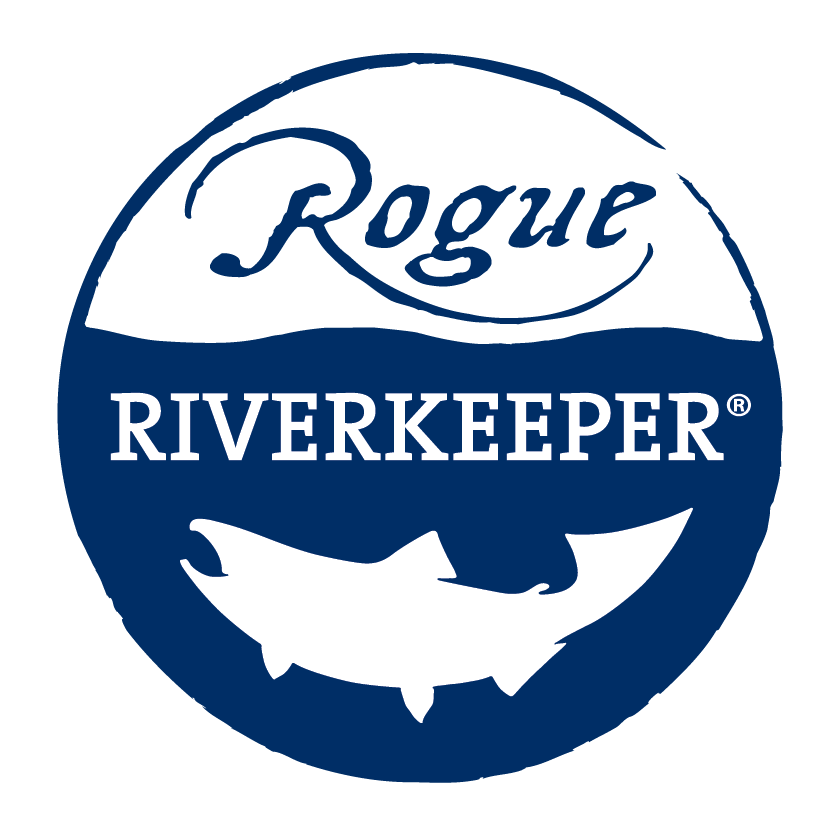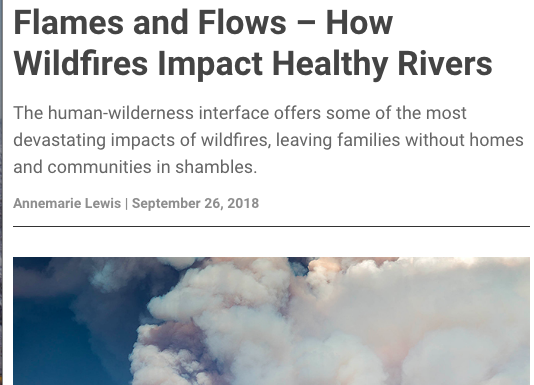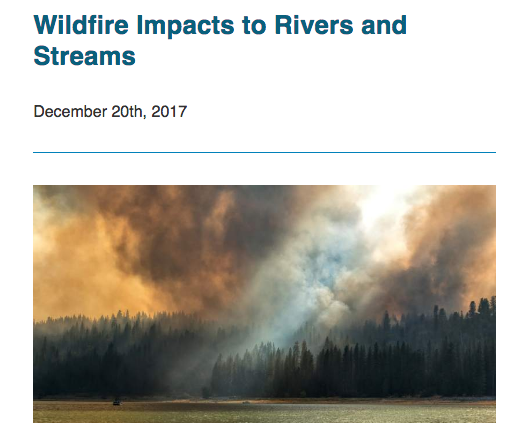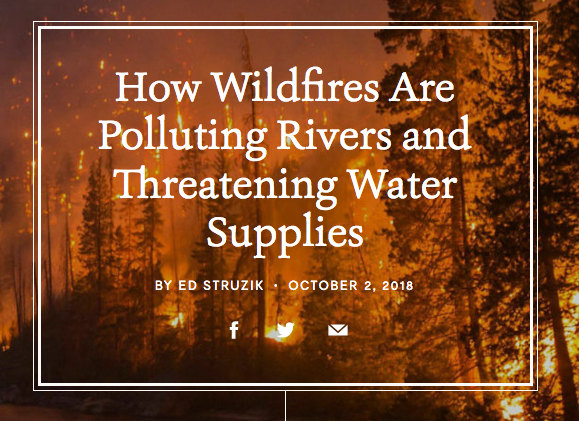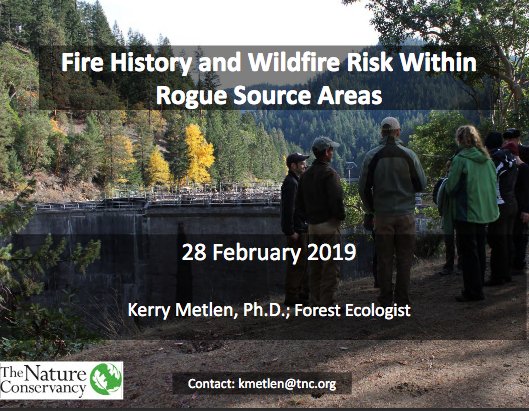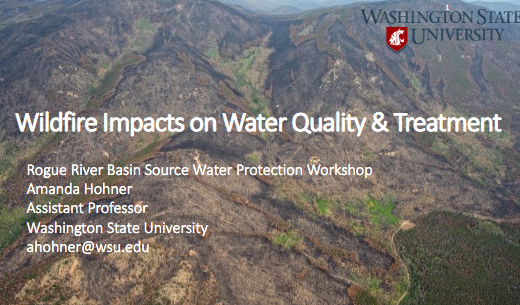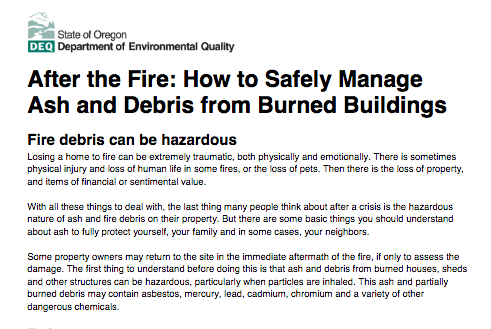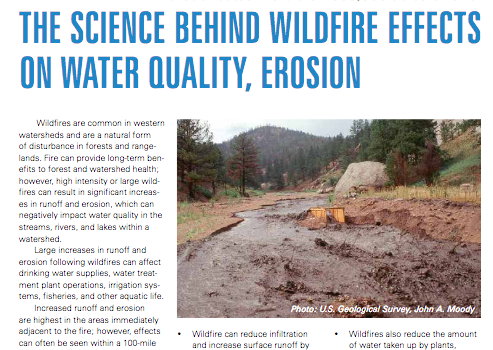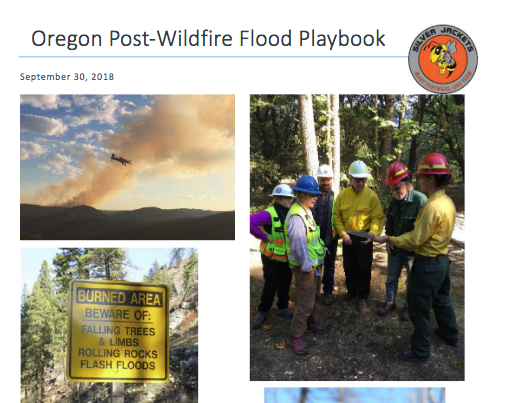Fires and Rivers
Last week, severe fires tore through communities in southern Oregon across the Rogue watershed.
The Almeda Fire swept through the Rogue Valley, devastating homes and businesses throughout the communities of Talent and Phoenix. The South Obenchain and Slater Fires continue to threaten communities near Shady Cove, Butte Falls, O’Brien, Takilma, and Cave Junction. Many of our friends and neighbors have lost everything.
One immediate way to help folks who have been displaced by wildfires here in southern Oregon is to donate to the Rogue Valley Relief Fund. This fund will be used to purchase tents, meals, gas, and other supplies for those most in need. In the long term, this fund will be used to support people who have lost their homes as they start to rebuild their lives.
Like a lot of you, our staff have been jumping in to support community efforts wherever possible, from sharing information to volunteering at emergency shelters to delivering supplies. Here’s a list of community resources, whether you can offer support or need some help.
In the next weeks and months as local communities begin the long process of rebuilding, Rogue Riverkeeper will shift our focus to ways we can help minimize harmful impacts of these fires on Bear Creek and the Rogue River.
How do Fires Impact Rivers?
When water flows over burned structures, it can pick up anything that was exposed in the fire, including lead paint, pesticides, plastics, rubber, solvents, and asbestos. In the short-term, these harmful materials can get washed into local rivers and streams, which can be toxic to humans and fish. Runoff from burned trees and grasses can also carry high levels of nutrients, which can lead to harmful algae blooms.
In the long-term, high severity fires that burned trees and shrubs can leave bare soil behind, which can become unstable during rainy weather causing erosion and increased sediments entering waterways. More sediment in our streams can harm fish, pollute drinking water sources, and can smother gravel in streambeds that salmon use for spawning. Additionally, less stable hillsides may increase the likelihood of dangerous mudslides.
Listen to the “We Are Rivers” podcast from American Rivers about how fires can directly impact river systems.
Read this article from the Russian Riverkeeper in 2017 in the wake of fires across Sonoma, Mendocino, and Napa in Northern California.
Learn more about how fires can impact drinking water supplies and a case study from the Camp Fire in Paradise, California.
Drinking Water Protection and Fires
The following presentations were given at the Rogue River Basin Source Water Protection Workshop convened by the Environmental Protection Agency (EPA) in 2019.
Fire History and Wildfire Risk within Rogue Source Water Areas - Kerry Metlen, Forest Ecologist, The Nature Conservancy
Wildfire Impacts on Water Quality and Treatment - Amanda Hohner, Washington State University
Reducing Water Pollution from Fires
There are a number of different strategies to reduce toxic runoff and erosion into local waterways as a result of fires. If a fire burns vegetation and bakes the soil so that it no longer soaks in water, this can create increased risks of flooding and debris flows.
Learn more about how to manage ash and debris from burned buildings from Oregon Department of Environmental Quality (DEQ). Oregon DEQ recommends that homeowners do not disturb ash or debris on their property until it has been assessed by hazardous materials response professionals.
Review strategies recommended to reduce erosion after fires and help to protect clean water.
Read the Oregon Post-Wildfire Flood Playbook for detailed information about increased risk of flooding and debris flows as a result of fires.
What is Rogue Riverkeeper doing to limit harmful impacts to Bear Creek and the Rogue?
In addition to supporting ongoing community efforts to provide direct relief to people displaced by the fires, we are also using our expertise to minimize pollution to our local water resources that provide drinking water and habitat for fish.
Rogue Riverkeeper is coordinating with community partners and local cities in the Rogue Valley to identify ways that we can minimize pollution from burned areas going directly into local waterways.
We are directly working with local agencies and other non-profits on immediate response to address water pollution. On Wednesday, we joined a meeting led by Rogue Valley Sewer Services and Oregon Department of Environmental Quality to coordinate pollution prevention into Bear Creek. On Thursday, we joined a meeting convened by Jackson County Soil and Water Conservation District (JSWCD) with more than 40 participants from local cities, state agencies, and other non-profits to coordinate a broader response to address water quality concerns, particularly regarding immediate pollution from toxic runoff and erosion from burned areas.
We are talking to other Waterkeepers, particularly in California and Colorado that have also experienced devastating fires in rural communities.
When it is safe to do so and we are able to access these areas, we will coordinate with our partners to install pollution controls and conduct clean ups over the upcoming weeks and months.
How can you help?
If you’re interested in volunteering to reduce pollution to Bear Creek and the Rogue, please let us know! This is still evolving, but may involve helping to install pollution controls, testing for pollution, or helping with clean ups.
